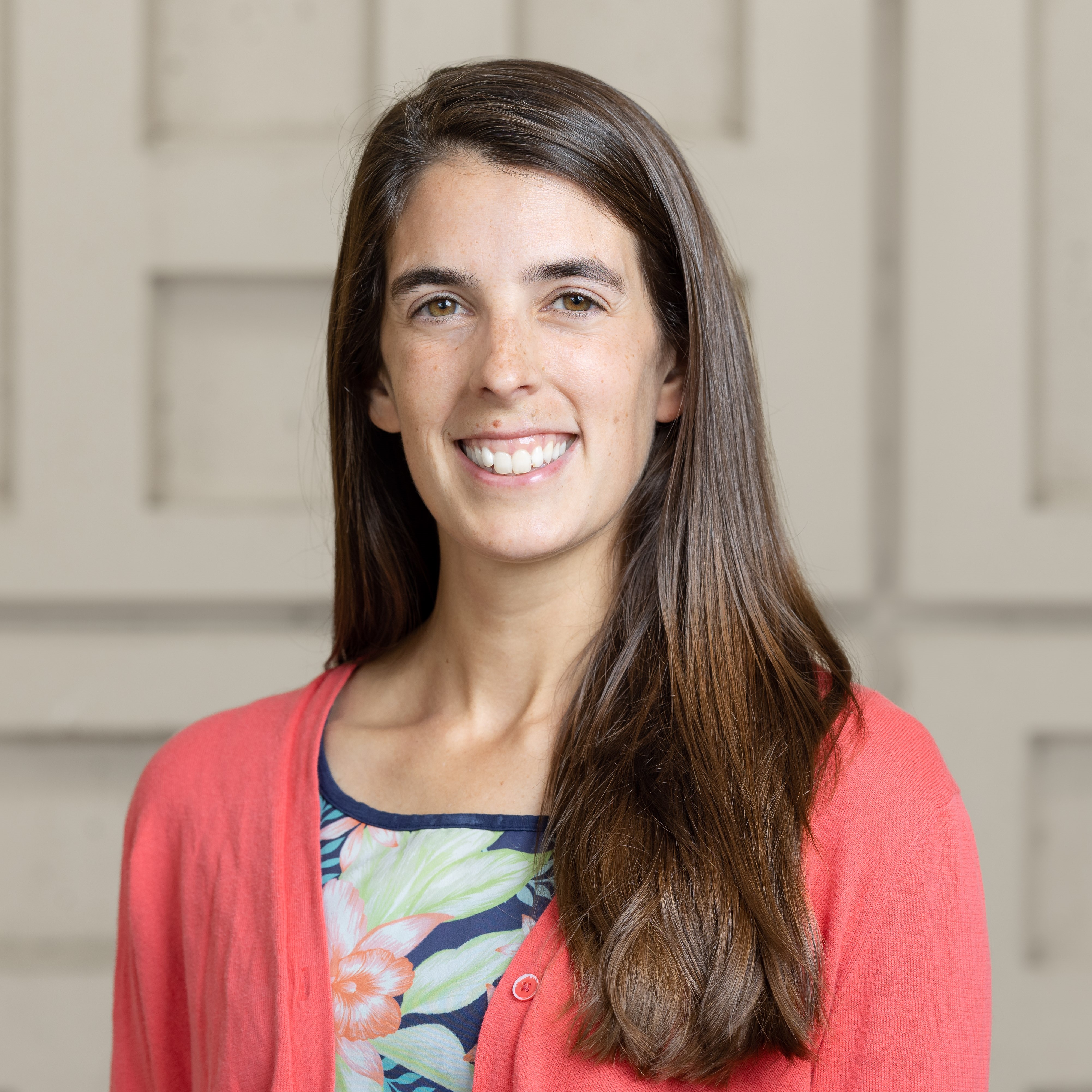Evolution ◆ Biophysics ◆ Computation
Nature is interdisciplinary. To best understand and protect the natural world, we need to bring together methods from applied physics, evolutionary theory, computational science, and ecology. Currently, I am an Assistant Professor in the Department of Ecology & Evolution at the University of Chicago and the Marine Biological Lab (MBL). Before this, I was a Stanford Science Fellow advised by Jen Dionne and Steve Palumbi, with support from the NSF Postdoctoral Research Fellowship (advised by Sönke Johnsen). Before coming to Stanford, David Haig supervised my PhD at Harvard, where I was an NDSEG Fellow and an Ashford Fellow. Before that, I studied biology at Yale (advised by Leo Buss and Rick Prum) and received an MPhil in enviromental policy as a Rhodes Scholar.
I research the architecture of living systems across scales. I am interested in strange animals, biophotonics, and game-theoretical conflicts of interest in evolution. Right now, I research solar-powered animals such as corals, bivalve mollusks, and other reef creatures to learn about (i) the biophotonics of photosynthesis, (ii) host-symbiont evolutionary conflict, and (iii) coral bleaching. My other projects range from “super black” color in birds and spiders to genetic conflicts in human pregnancy. Through this work, I hope to uncover mysteries of nature, inspire new technologies, and help protect the natural world. To learn more, click the images below or visit my Research page.
These projects may seem broad, but they are intimately connected. By studying fantastic ornaments in birds and spiders, I acquired the tools in computational optics to research photosynthesis in threatened coral reef ecosystems. After researching genetic conflicts in human pregnancy, I launched a project on host-symbiont conflict as a cause of coral bleaching and gained the data science skills to research urban forestry. My research philosophy can be summed up in one sentence, oft repeated by my PhD supervisor David Haig: it is worth our while to focus on the fundamental interconnectedness of all things.




